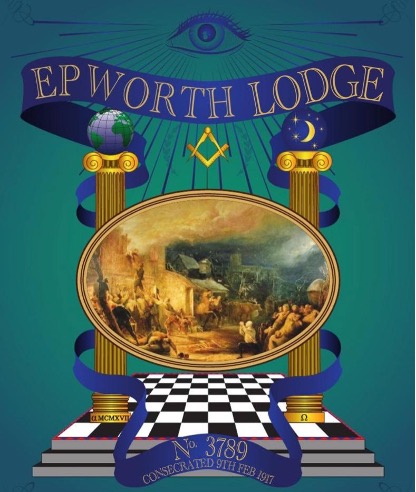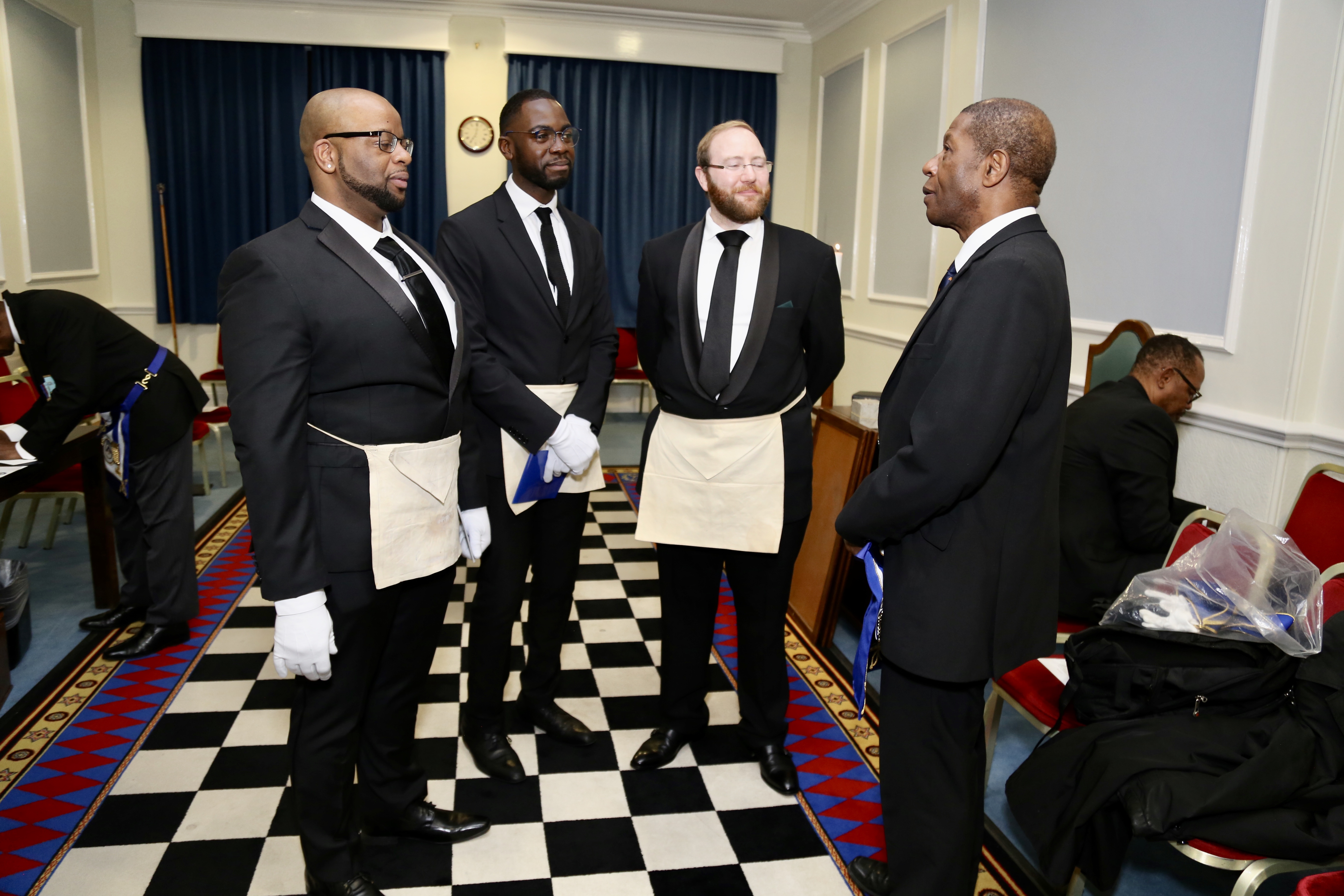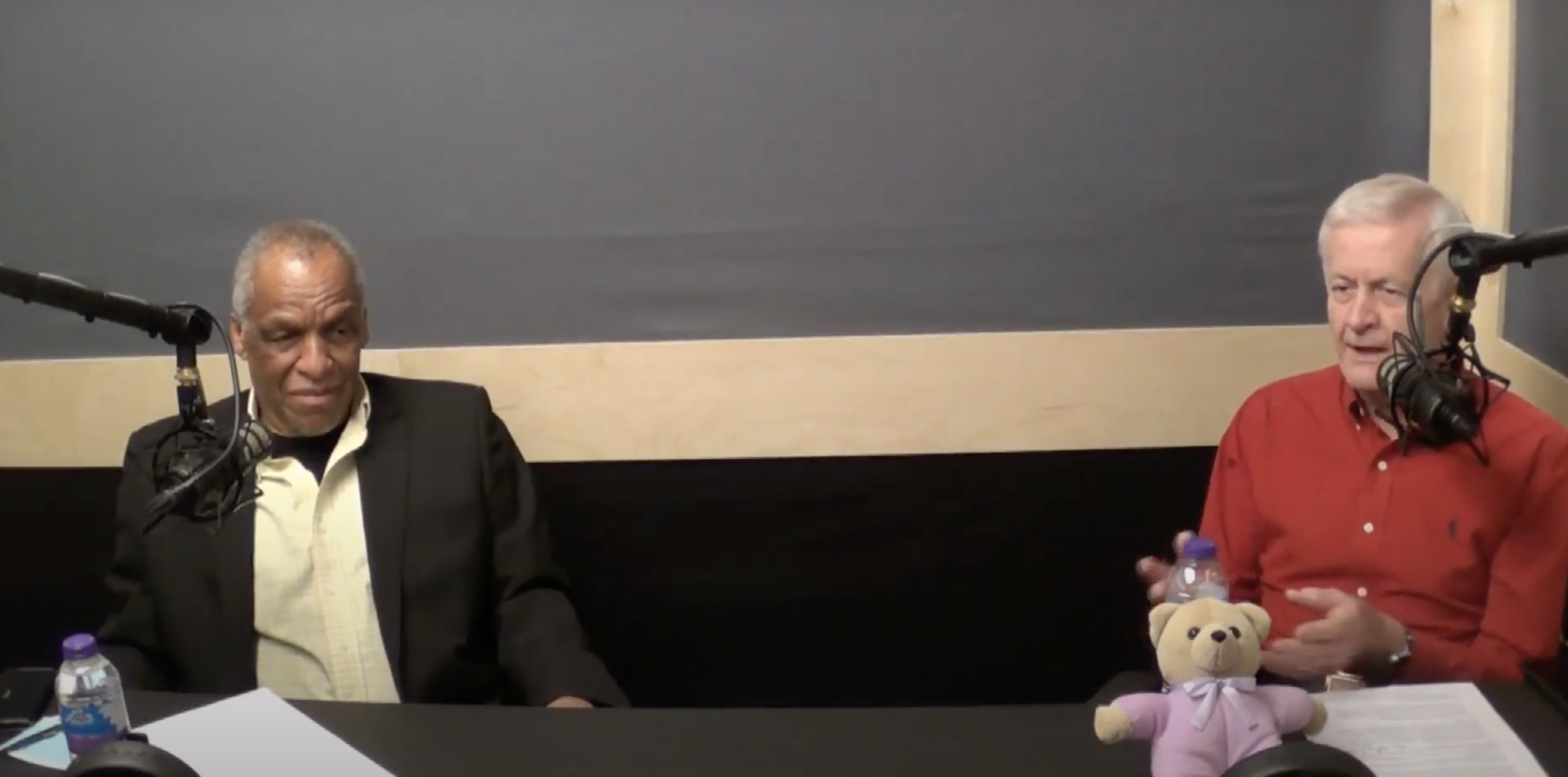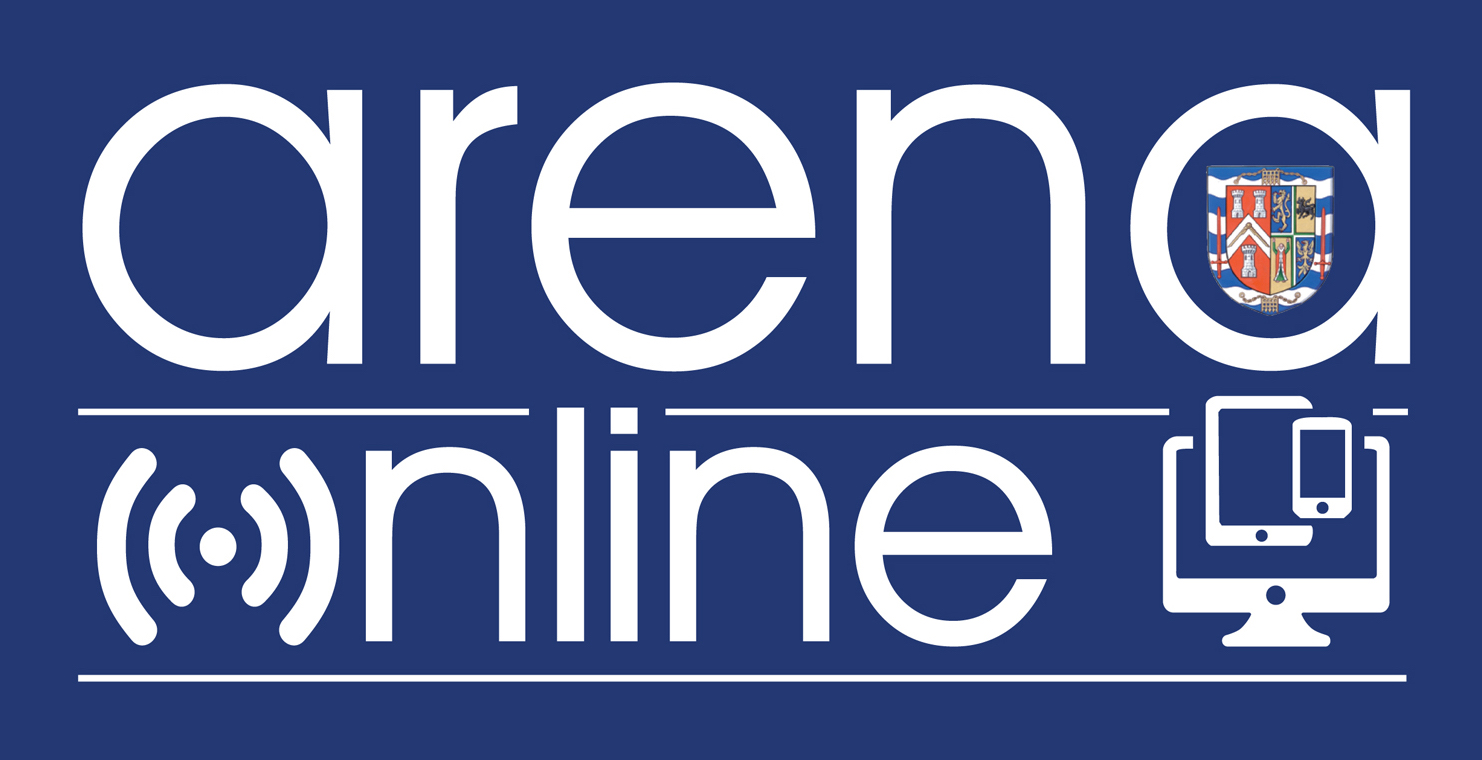To all external appearances, Epworth Lodge No 3789 could be regarded as just another ordinary London unit facing the same challenges and asking the same questions as many others regarding its future, retaining members and acquiring new ones.
Whilst the pandemic has challenged Lodges to consider how they engage with their members outside the regular meetings and Lodge of Instruction, Epworth had already begun their own introspective journey long before the lockdown began.
Back in 2018, meetings were poorly attended, and morale was low. Epworth Lodge was facing an existential crisis. As the Lodge Secretary, W Bro Vaughn Barzey, explains ‘Back in 2018, we realised that the Lodge was in serious decline and decided to carry out a health check. We quickly established that with resignations, exclusions, absenteeism and even death, the prognosis was probably terminal and urgent action was required to stem the decline.’

In five years, the Lodge had lost twelve members and recruited only four initiates. To compound this issue, the average age of the members was 72. ‘It became clear that not only would we have to stem the decline in membership, but we also had to drastically lower our average age of the Lodge by positively attracting younger members. We had to transform the Lodge from a place where there was little enthusiasm and ownership to one which encouraged teamwork and harmony. In simple terms, we needed to make the Lodge a happy and enjoyable place so that initiates, visitors and joiners alike would want to keep coming back and recommend the Epworth brand of Freemasonry to others.’
What followed was an inspirational tale of teamwork and hard work, demonstrating that anything is possible when Lodges take personal ownership of their Masonic futures. ‘We were starting from a very low ebb, and it was imperative that we discussed these problems openly and honestly with as many of the established members as possible. We actively sought their opinion as to what could help make Lodge meetings happier and more vibrant. At the end of the day, it would need their buy-in and involvement.’
Equally important was the opinion of the Lodge’s newer members. ‘We actively encouraged them to share any new ideas, thereby helping them to take ownership of the Lodge’s future.’
From this starting point, six of the Lodge’s Leading Lights formed a ‘rejuvenation team’ known as ‘The Epworth 6’. The team formed a working party tasked with developing and implementing a workable strategy to attract and retain new members.
‘First, we identified the challenges facing us. We critically examined our strengths, our weaknesses, our selling points, and what was holding us back. At times, it was difficult to face up to the realities, but we never blamed individuals. We took the attitude that we were all in this together and were going to resolve the issues together as a team.’
The group then examined the work of each Lodge Office and Lodge Officer in a constructive and positive way, identifying their strengths and establishing who was good at what. The group then looked at perceived weaknesses as to why the Lodge was declining and identified traditional practices as a potential barrier to future success. ‘We soon realised that Lodge tradition was not always a virtue. Did our old habits add value or were they hindering us? We soon concluded that ”we’ve always done it this way” might actually have contributed to our predicaments.’
Of course, identifying the problems is only half the battle. Adherence to tradition is at the core of Freemasonry and, as with many Lodges, change is often resisted. The rejuvenation team, therefore, had to balance their desire to change with the resistance of the more traditionalist members.
Throughout various discussions with all members, the team identified some areas that could benefit from a little uplift. Among those were morale, attendance, meeting enjoyment and, most importantly, attracting potential members.
So, how did the Epworth Lodge attract and engage with prospective and existing members? ‘Quite simply, we decided to engage with all members by encouraging them to include their families in a non-Masonic setting. We enlisted the assistance of our newly initiated members to engage with prospective candidates and bring them along to one of our regular social events, such as the popular fish and chips evening at a local pub. These social events include friends and family. It is important to remember that all Masons need the support and buy-in of their families.’
As a new member was brought into the Lodge, the team identified their mentoring scheme as a key to engage and retain them. ‘It is our aim to make every brother a Mentor, and we are well on the way to achieving that goal. Lodges are by nature a hotbed of traditions, it is essential that you bring the traditionalist and reformers along and agree on a way forward together.’ To this end, the Lodge instigated a form of shadowing for its offices whereby a new brother would have the opportunity to take office at least once a year under the guidance of the incumbent.
The rejuvenation team recognised the importance of continually engaging with members to keep them interested and committed. ‘We have found that good communication was and remained our best friend. We created a monthly newsletter to inform the brethren of all we were doing. It also fostered a general understanding and acceptance of our aims. This gave us almost unanimous support from the brethren.’

The team also used technology to better reach out its members. ‘Our website is nearly ready. We use WhatsApp, of course, and some social media. Like many, we adopted Zoom early on during lockdown and will continue to reach out to our members and potential members using this vital tool every week on Fridays. This means that in a month we see each other more than we would have done normally in a whole year! To keep it interesting, we book guest speakers, including our SVOs for Epworth Lodge and Epworth Chapter (which enables us to market the latter to our newer members).’

The Lodge has also sought to embrace new methods to reach its members, including video podcasts. ‘One of our Entered Apprentices (Bro Dean Williams) wanted to make a podcast about Freemasonry. To tell you the truth, the Epworth 6 were a little apprehensive at first, but we decided to embrace the challenge. W Bro David Swain, Metropolitan Grand Secretary, even agreed to help us. We are proud to say that the podcast was quite a hit and had many thousands of views worldwide from Masons and non-Masons alike. This was a boost to all of our members, and we hope to repeat this exercise soon, so we call tell London about our Lodge and how we are doing post-pandemic.’

To monitor progress and determine whether their new strategy was working, the team continues to hold regular strategy meetings to measure success and report back to all the brethren of the Lodge on their findings and recommendations.

This article is part of the Arena Magazine, Issue 46 October 2021 edition.
Arena Magazine is the official magazine of the London Freemasons - Metropolitan Grand Lodge and Metropolitan Grand Chapter of London.
Read more articles in the Arena Issue 46.